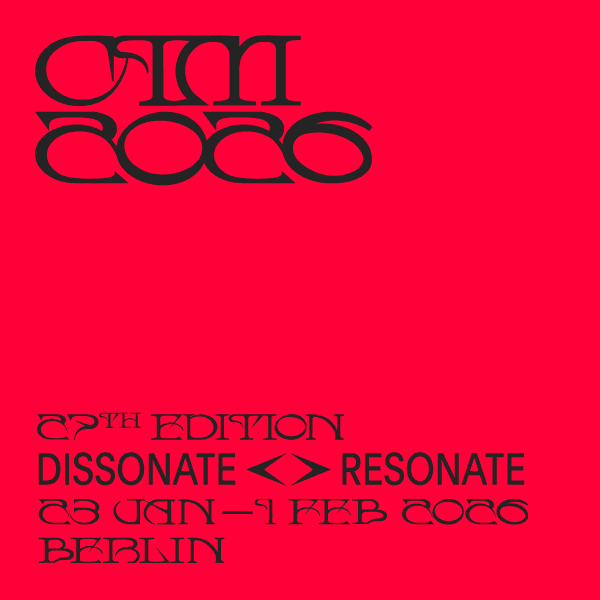The Danish Music Review
The Danish Music Review
The Royal Theatre's 200 years anniversary
(271-74)
On the occasion of The Royal Theatre's 200 years' anniversary Torben Krogh, Ph. D., initiates an article on the musical conditions prevailing in the theatre about 1748. Simultaneously with the conclusion of the article in a coming number of the D.M.R. a summary of the article will be brought.
Egisto Tango
(214-76)
Emil Holm, who during a number of years was the chief of the Danish radio, in this article pays homage to Egisto Tango, the Italian maestro, conductor of The Royal Opera of Copenhagen. It was at the instance of Emil Holm that Egisto Tango came to Denmark at the time, firstly in 1927 when Tango at the head of an Italian opera-ensemble gave a performance in "The New Theatre" in collaboration with the Danish radio. In 1928 the performance was repeated in The Royal Theatre. At the same time Tango acted as a conductor in the radio and in his capacity as an instructor he has contributed to creating the high level of the Danish radio orchestra. In 1932 Tango was permanently employed as the conductor of The Royal Opera where he still in spite of his 75 years acts in the best of health.
Apropos my Metronome
(216-79)
Jørgen Jersild, M. A., in this article writes about Johann Nepomuk Mälzel, the friend of Beethoven and the inventor of the metronome. Mälzel not only invented the metronome but also a large number of peculiar more or less musical apparatuses. Of these can be mentioned a large inecanical playing-apparatus, a "Panharmonicon" that should replace a whole windband with flutes, oboes, clarinets, bassoons, trumpets, horns and percussion of all kinds. "The Victory of Wellington" the composition of Beethoven, was written for this mecanical apparatus. Furthermore Mälzel constructed a mecanical trumpet-blower, a speaking dummy and many other things of which shall be mentioned an automatic chess-player which, however, rather was a conjurer trick. It consisted of a large dummy in the shape of a thoughtful Turk placed at a chess-board laying on a big box. In the box an assistant was hidden, moving the arms of the dummy and the chessmen. Edgar Poe several times saw this chess-player in function and in one of his essays he exposed "Mälzel's chess-player" as swindle.
The Case of Furtwängler
(279-8O)
This autumn Wilhelm Furtwängler should have conducted a concert in Copenhagen, but this fact agitated the public mind so much that the concert had to be cancelled this time. Knuddge Riisager, the composer, in this article gives an account of why he considers it necessary in this special case to measure by another standard than by the demand of art, even if more than three years have passed since the German occupation of Denmark.
Riisager does not ignore the efforts made by Furtwängler during the nazi government in order to honour the demands of art (f.inst. the Hindemith-episode), but on the other hand he cannot leave out of consideration that during the German occupation Furtwängler came officially to Denmark as the cultural delegate af Goebbels, and this is perhaps the most important reason why in this country "The case Furtwängler" is regarded differently than in other countries where the art of Furtwäingler in the years of 1939-45 could not be used as a propaganda of art that should soften and partly hide the bestial deeds of the Germans. The author maintains that "The silent language of the Rypark (the memorial park for the fallen and executed Danes during the occupation) has still a right that - as long as events act greatly on the minds of many people - must take precedence of an artistical achievement".
"To reach the day where art alone is the deciding fact is what we are all longing for".
The Amateur in Musical Life
(281-S2)
Bjørn Gamborg reflects on the position of musical amateurs in Danish musical life. He regrets the sharp distinction made between the skilled musician and the amateur and the want of the first-mentioned to isolate himself.
The author mentions that Danish amateur-musical associations - orchestras and ensembles - at present are working with the plan to assemble all amateurs in a "collaboration". This should mean a great progress and facility for the arnateurs in their efforts to procure the note material necessary for the orchestras.
The author concludes his article with the following words: "We all are - within and outside the profession - amateurs in the proper sense of the word; therefore we should work together, wherever collaboration may bear fruit to the benefit of the musical culture of Denmark".
Miscellaneous
Jørgen Jersild, M.A., has published the first part of a textbook in solfège about which Herberg Rosenberg, Ph.D. writes: "The text-book af Jersild is an extraordinarily valuable enrichment of the Danish literature in the domain of solfège. The teaching in advanced solfège will hardly be able to do without this book in future".

